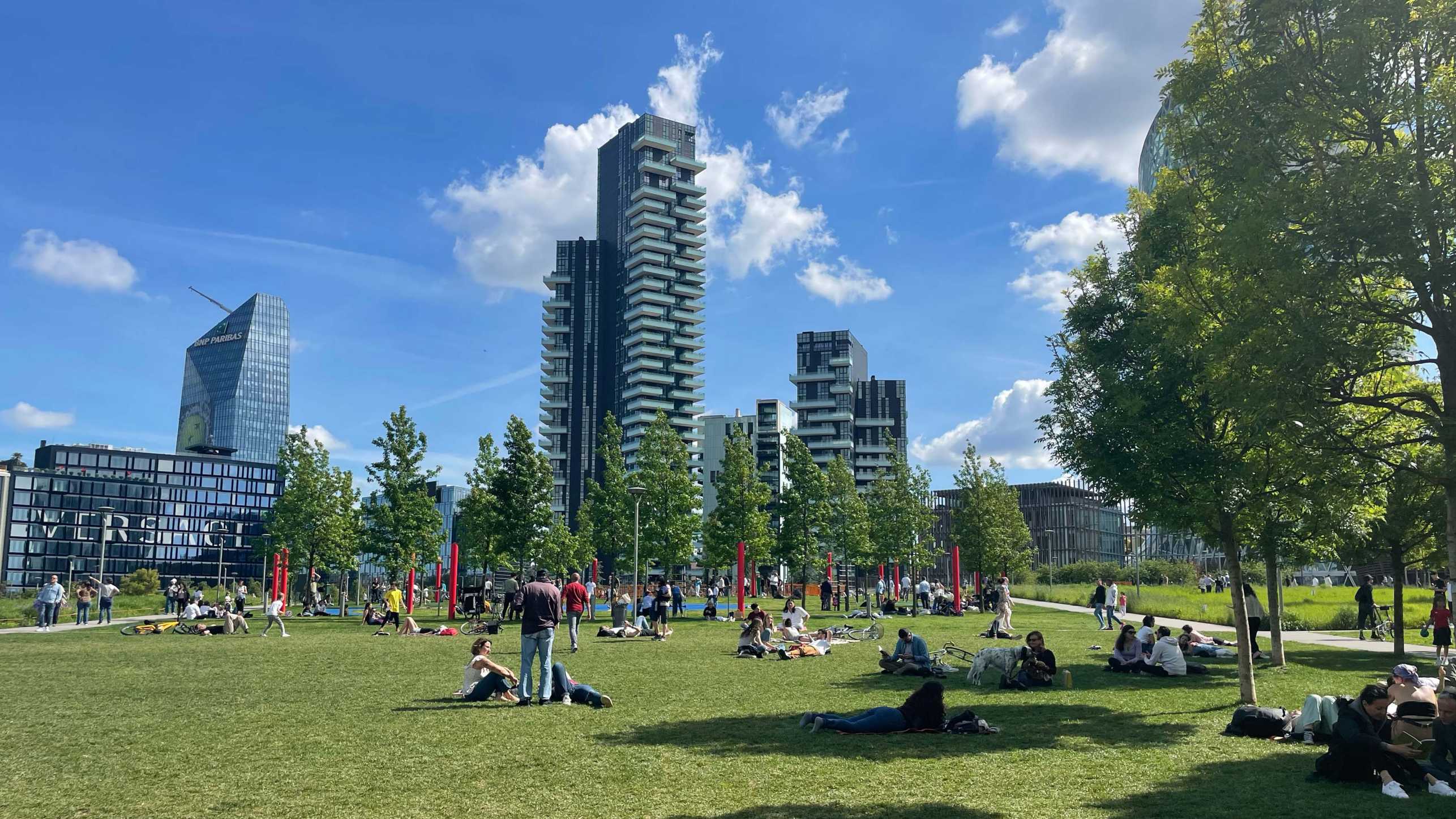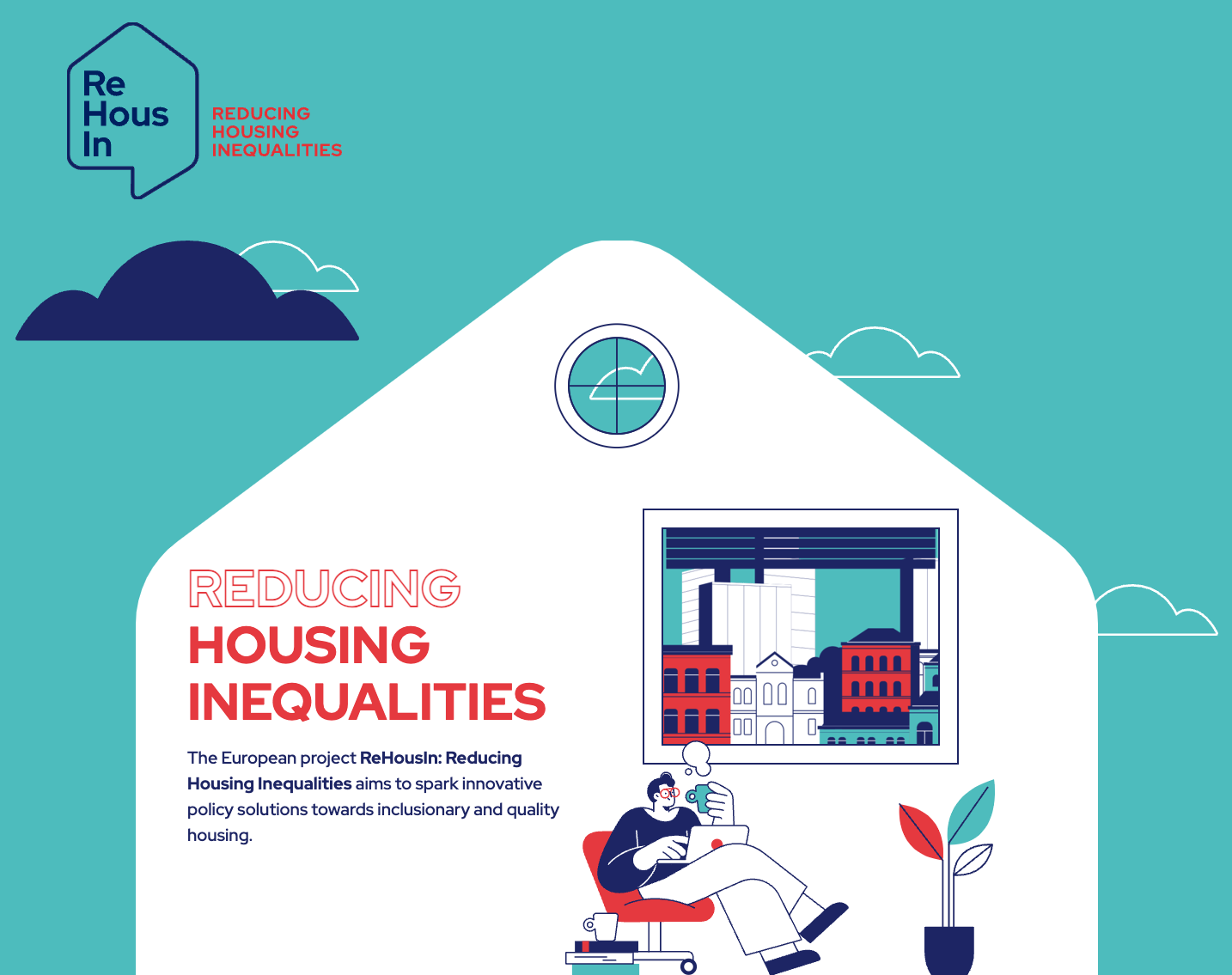ReHousIn: Contextualized pathways to Reduce Housing Inequalities in the green and digital transition (EU Horizon Project)
Together with ten European partners we investigate the complex relationship between green transition initiatives and housing inequalities in urban and rural contexts in eight European countries including Switzerland. The projects aims at developing innovative policy recommendations for better context-sensitive integration between environmentally sustainable interventions and socially inclusive housing.

This EU Horizon project focuses on the impact of policies to achieve climate neutrality by 2050 on the access to adequate and affordable housing. Climate change and the environmental crisis pose challenges that must be addressed in a rapid and decisive way. The green transition is expected to involve deep transformations towards sustainability and energy efficiency in multiple sectors of the society and economy. It has a strong focus on housing as one of the most climate-exposed and energy consuming sectors. However, in several countries critical challenges are emerging as housing solutions that are ecologically more effective might be socially more exclusionary.
The project “ReHousIn: Contextualized pathways to Reduce Housing Inequalities in the green and digital transition” investigates the scope of existing housing inequalities and analyses the possible effects of green transition initiatives on access to housing for low- and middle-income people. There is evidence that access to affordable, secure and quality housing for lower- and middle-income groups is increasingly challenging due to multiple crises – the climate crisis, the global financial crisis, the immigrant integration crisis, the Covid-19 pandemic, and the energy crisis. These crises are further compounded by policies aiming at reaching climate neutrality and are leading to a rise in socioeconomic segregation.
With reference to climate change adaptation strategies, “ReHousIn” focuses in particular on policies promoting nature-based solutions to protect ecosystems, energy-related renovations, and urban densification and their impact on the cost of housing and living. The project synthetizes how potential synergies and conflicts between environmental policy instruments and the provision of affordable housing can be reconciled.
Project webpage
- external page Metropolitan Reserch Institute
- external page TU Wien
- external page University of Vienna
- external page Universitat Autònoma de Barcelona
- external page SciencePo Paris
- external page Politecnico di Milano
- external page Norwegian University of Life Sciences
- external page University of Lodz
- external page University College of London
- external page ICLEI Local Governments for Sustainability
- SPUR, ETH Zurich
The ETH participation in this EU Horizon project is financed by the State Secretariat for Education, Research and Innovation (SERI).
01.03.2024 -28.02.2027
